It’s a Friday night in the United States, but it’s already morning the next day in Japan. The Valhalla tournament is firing up as players gather on Discord and open up a Twitch stream from Nok, a longtime Guilty Gear player. People from the United States, Saudi Arabia and Japan gather to compete in the Guilty Gear XX Accent Core Plus R event, over netplay, something that was unfathomable until recent changes to its netcode.
Guilty Gear XX Accent Core Plus R is a mouthful for a title, but it fits the over-the-top vibe that the series, started in 1998 by Arc System Works, exudes with wildly creative characters. Accent Core Plus R is the 2012 update of Guilty Gear X2, which originally released in 2002. Though some consider that entry to be the best in the franchise, the more-known Xrd: Sign, which uses a revamped Unreal Engine, overshadowed it in 2014.
With Plus R reduced to a niche, side game, it was only occasionally played locally, especially since its subpar netcode didn’t permit much online play. All of Arc System Works’ titles to date use a delay-based infrastructure, which handles larger ping values by waiting on the other party to receive inputs. As a result, worse connections create a longer delay between buttons pressed and what happens on the screen.
This didn’t matter much in a world where players could gather in person, but in a pandemic, netcode became crucial for a quality fighting game experience. Without the ability to host meetups and tournaments in certain places, players funneled to network lobbies, the experience often less than ideal.
Good game, peace out
Although the upcoming title, Guilty Gear -STRIVE-, does have rollback, there hasn’t been any indication for improvements to several of existing Arc System Works, such as Plus R, BlazBlue: Central Fiction or Granblue: Fantasy Versus. Though Plus R received a new port for the Nintendo Switch, both Xrd and Plus R remained stuck in the past with their delay-based netcode structure.
Meanwhile, prominent games like Killer Instinct, Divekick and Skullgirls had long been using GGPO netcode, more commonly known as rollback. Tony Cannon, co-founder of Evo, created this game changing process in 2009 by using a predictive input system to practically eliminate all delay between a player’s inputs and what happens on screen.
Though fans have banded together to implement rollback netcode in games before, such as Melty Blood: Actress Again, the impetus for the Plus R integration came from the October 2019 open-source release under the MIT license. An informal group of fighting game enthusiasts and software developers known as Team French CaliBurst formally announced their effort to implement GGPO in Plus R. The project gained traction after a now-deleted video on Twitter garnered the attention of Lab Zero Games, who worked as an intermediary to sanction the project with Arc System Works.
Mike Zaimont, previously owner of Lab Zero Games and Skullgirls developer, facilitated the pitch, though allegations of sexual misconduct and mistreatment of his employees surfaced. Arc System Works ended up suspending him from the project, but Team French CaliBurst carried on with a closed and later open-beta of the GGPO implementation for Plus R.
“Delay and rollback are extremely similar systems, only varying in what happens when the game attempts to simulate without inputs from a remote player,” said Anthony “Lulolwen” Danducci, who worked on the fan initiative as part of Team French CaliBurst. “A delay-based system waits until it gets input, a rollback-based system predicts input and resimulates if it’s wrong.”
Essentially, for a game this old, going from its outdated, delay-based netcode to GGPO felt like upgrading from dial-up to broadband internet. But implementing it required Team French CaliBurst to work around the game’s engine and figure out its various elements without any official documentation guiding them.
While “desyncs” — basically disconnects — still occur from time to time, the team continuously works on bug fixing along with other experimental new features like 64-player lobbies.
Nok, the Japanese streamer and content creator, initially had reservations when he heard about this new update.
“I heard from a friend that a lag-reducing feature was being implemented and that I would eventually be able to play with people from overseas,” he said. “I was skeptical because I have played many fighting games in the past, and I was never satisfied when playing with people from overseas because of the lag. However, what was released far surpassed what I had expected.”
Wes “Skeletal Minion” Barron, a long-time Guilty Gear competitor, also said he wasn’t sure how well Plus R would turn out with rollback. However, now that he has had some time with it, he couldn’t be happier.
“I told people, I think this is the best netcode I’ve ever seen,” he said. “I play regularly with people from Europe, Japan, South America. It feels like they are sitting next to me on the couch. I joke around sometimes and say that rollback for Plus R is basically black magic.”




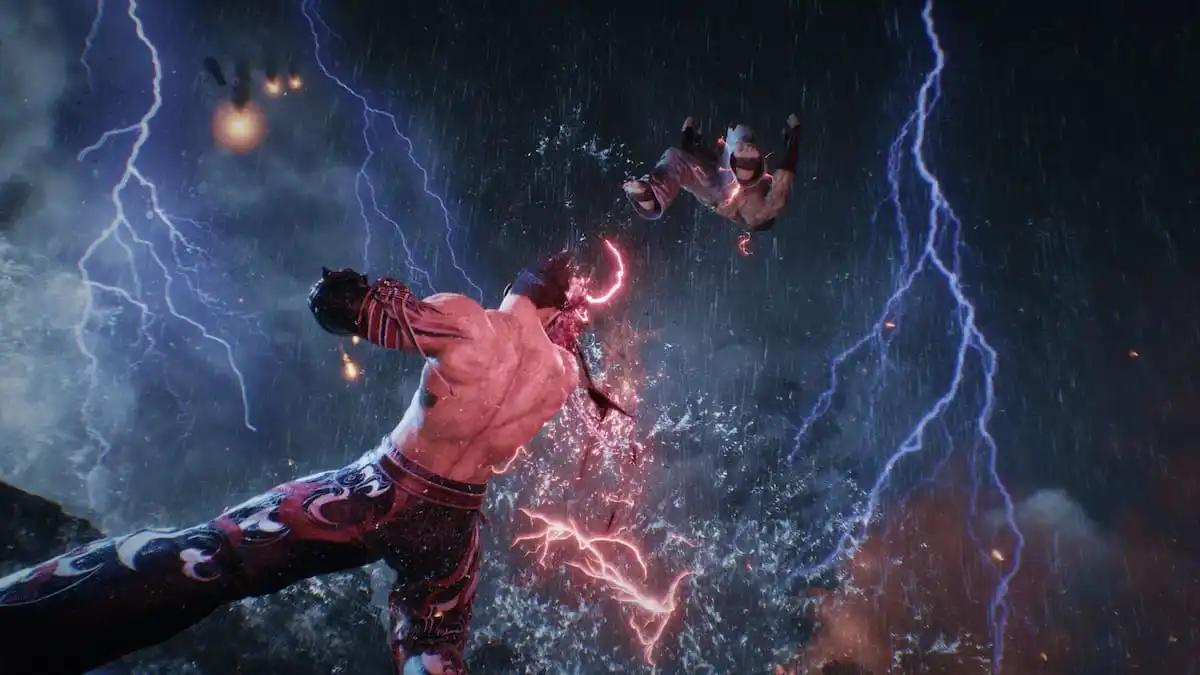

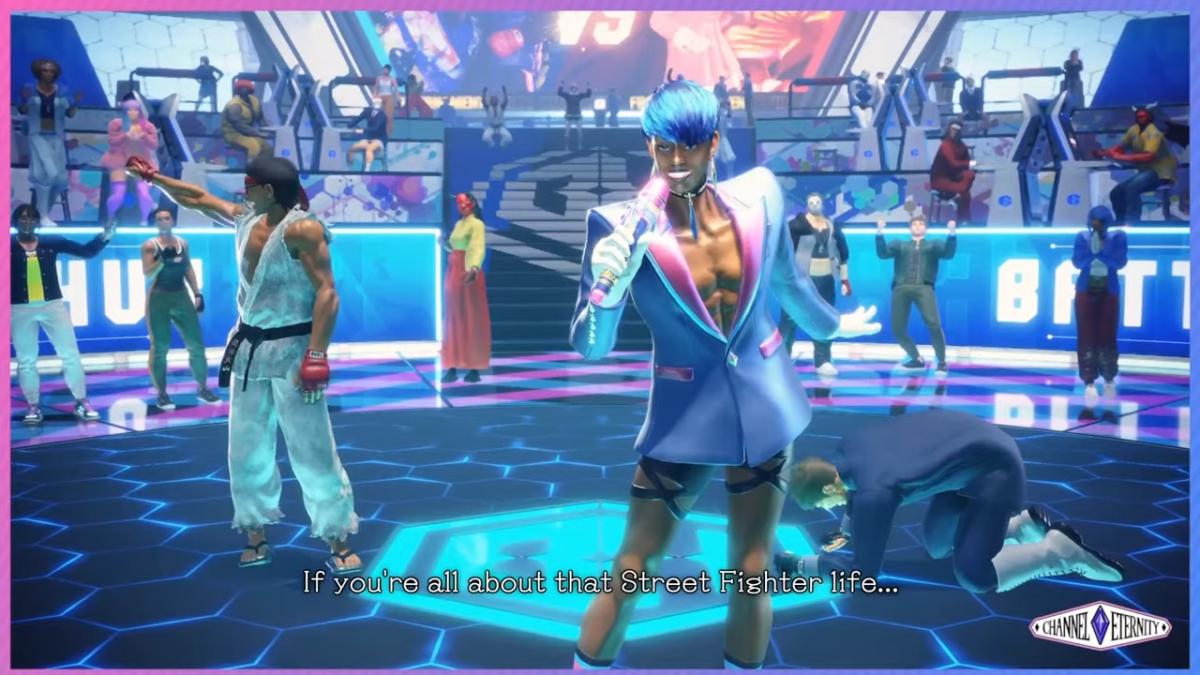
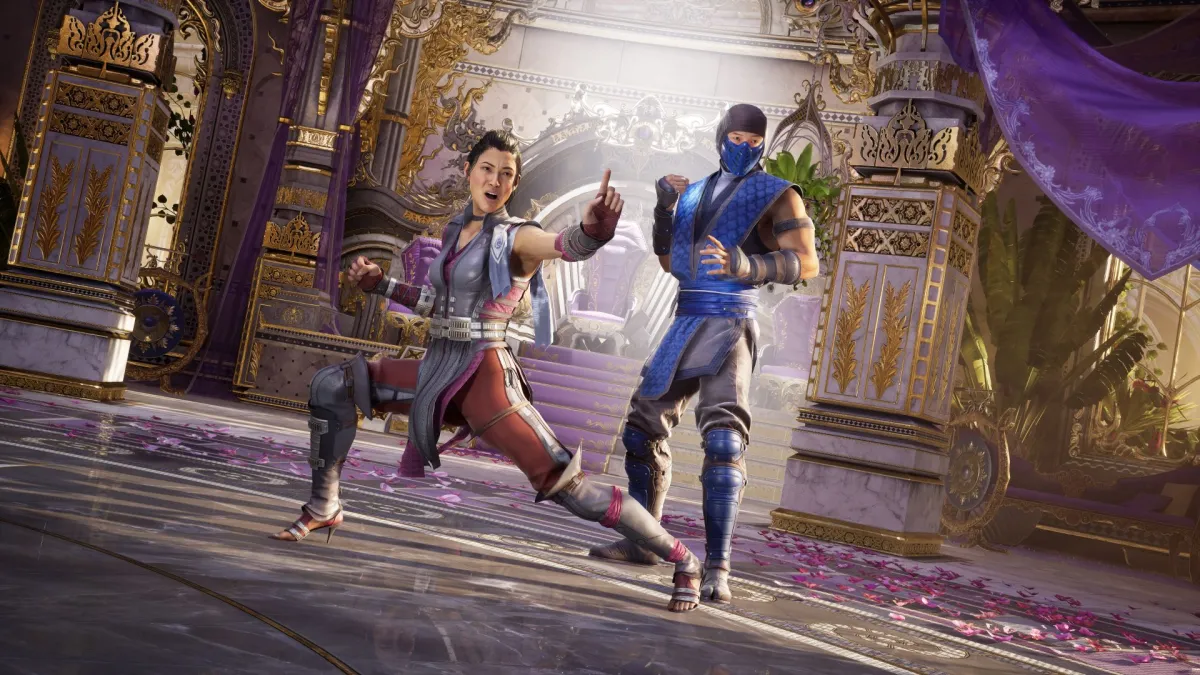

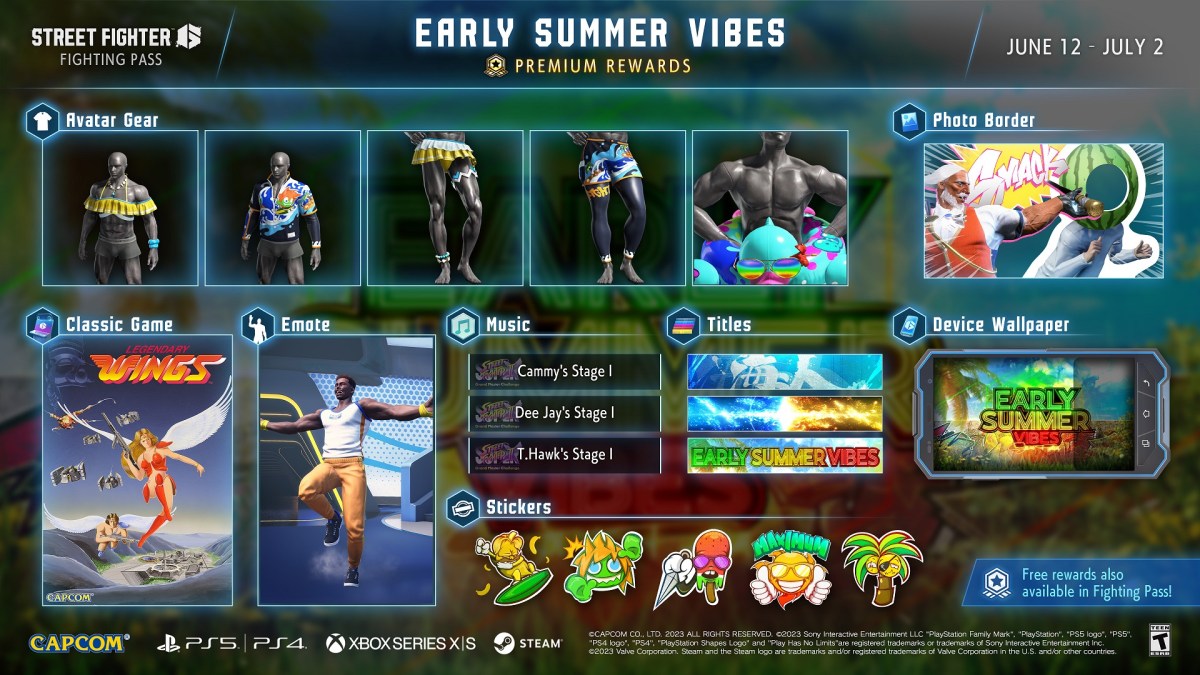
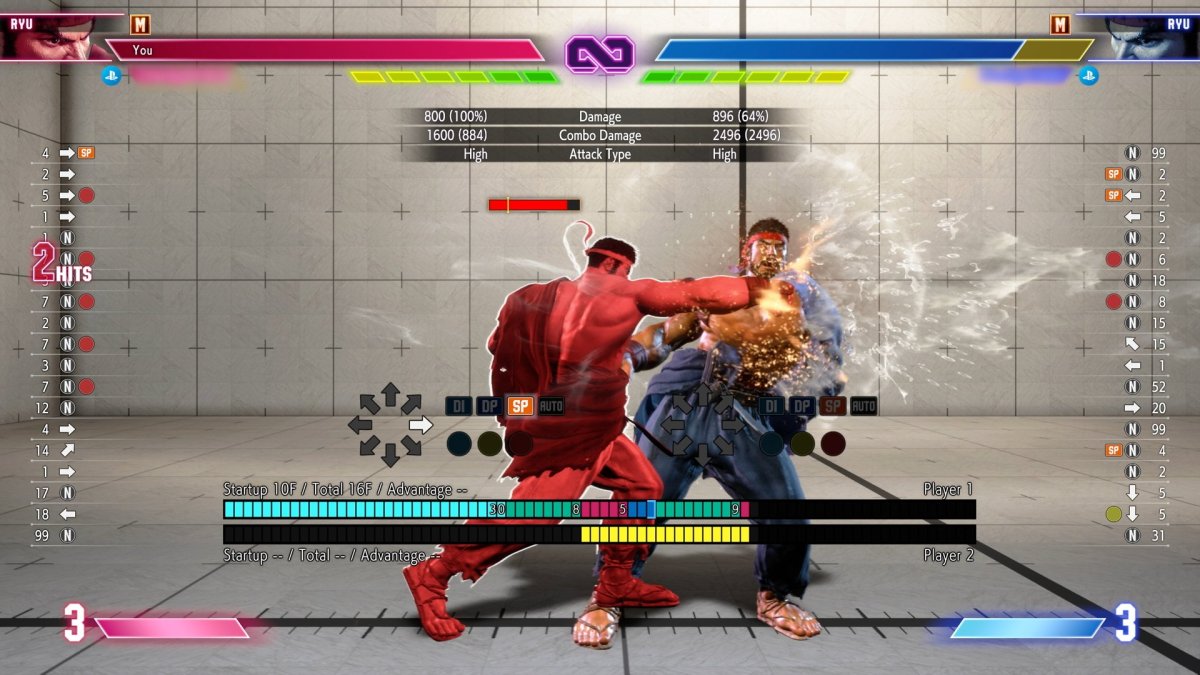
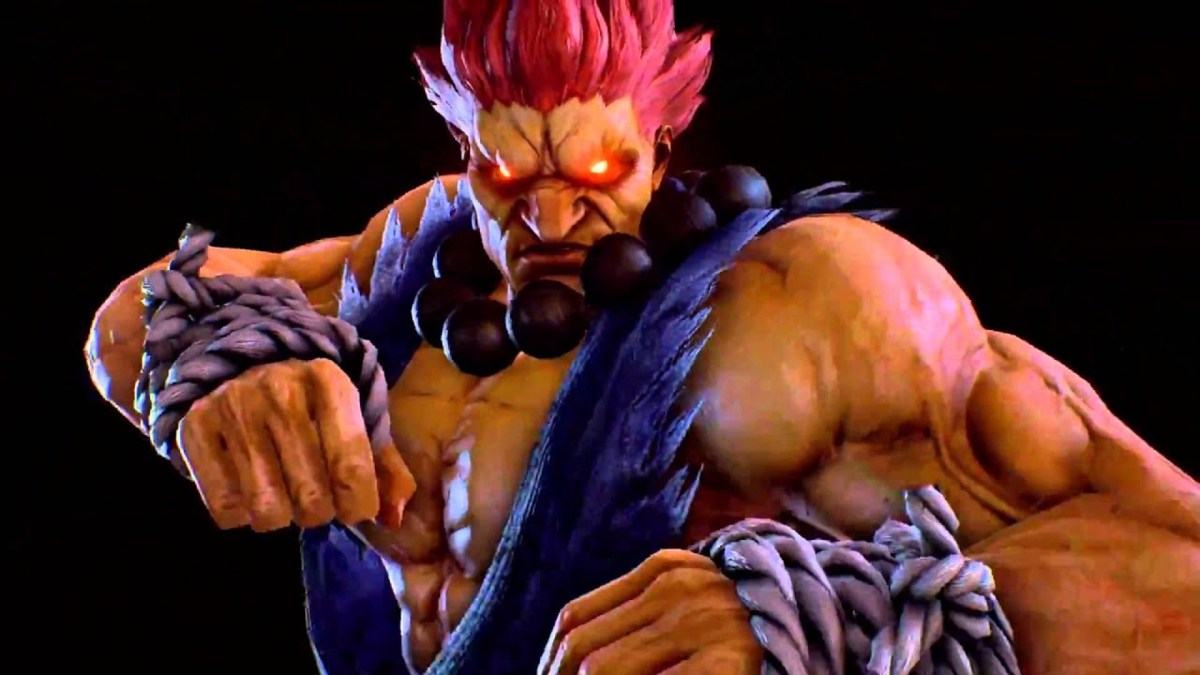
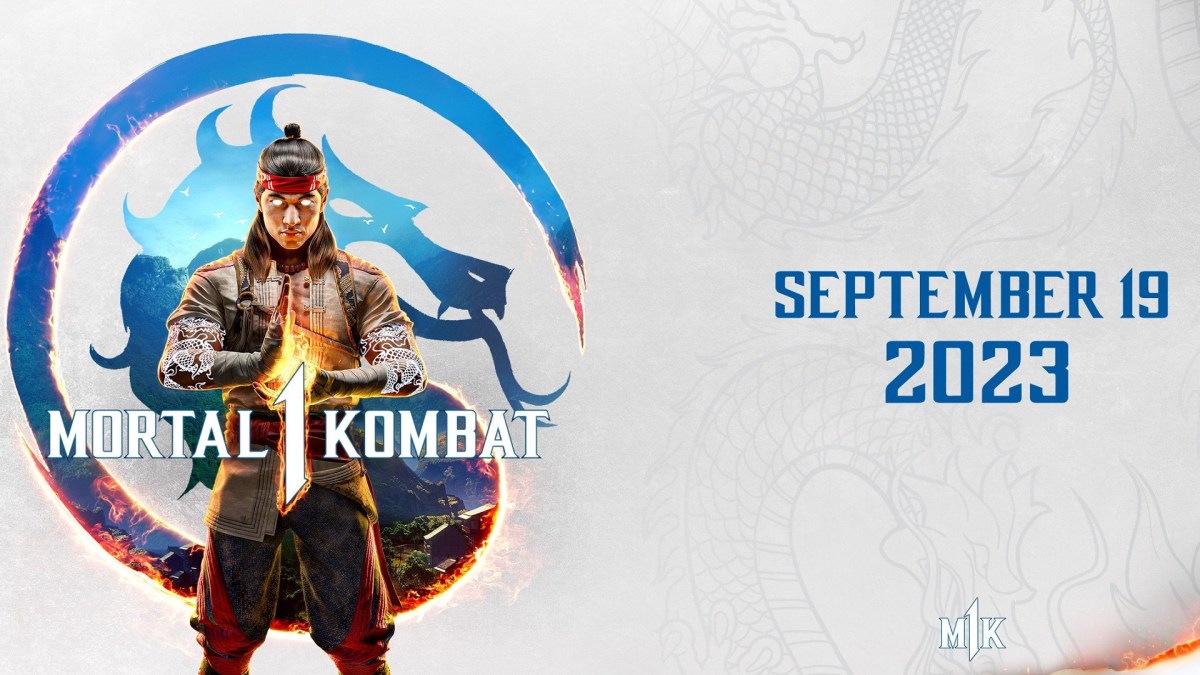

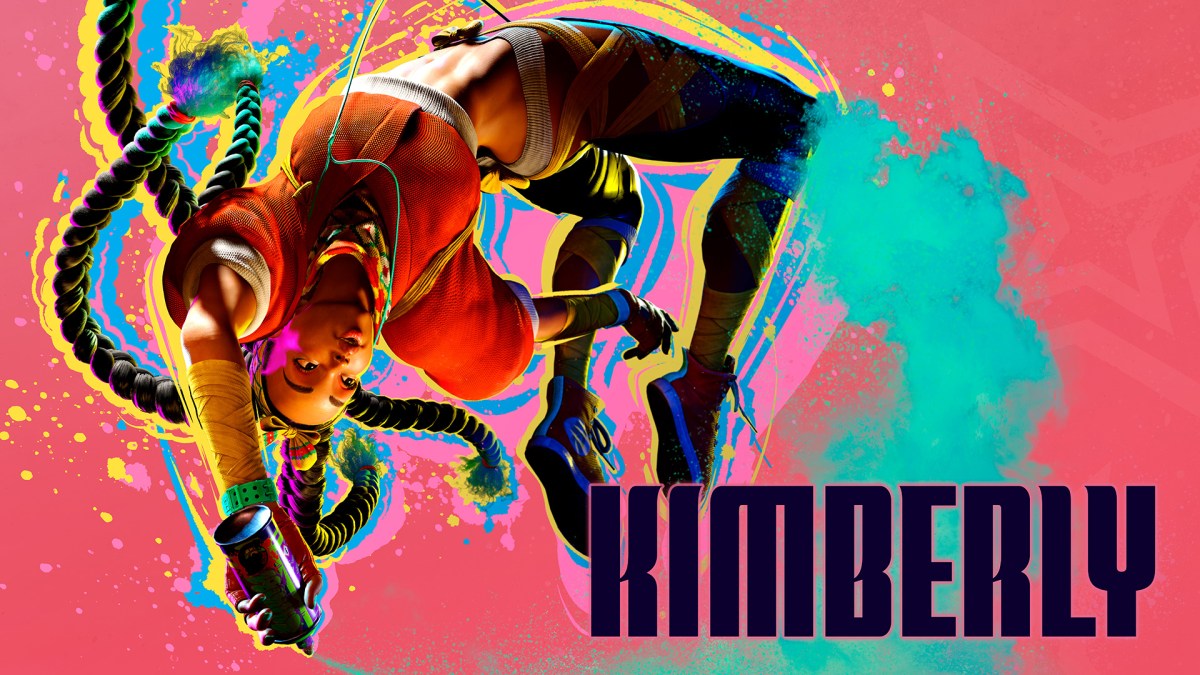


Published: Jun 10, 2021 03:00 pm